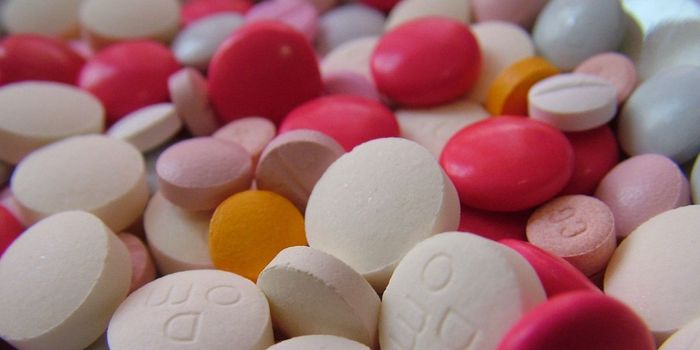Caffeine May Lower Parkinson's Risk by 4-8 Times
Researchers have identified a correlation between caffeine consumption from tea and coffee and a lower risk of Parkinson’s disease (PD) among people with certain Asian gene variants linked to the condition. The corresponding study was published in The Lancet.
Previous research shows that caffeine can lower PD risk by up to 25%- with higher doses of caffeine having a higher effect. But, how exactly caffeine interacts with genetic risk factors for PD remains unknown. In the current study, researchers investigated how caffeine interacts with certain risk variants for PD found in people of Asian origin.
For the study, they included 4488 individuals from Singapore. Each had at least one gene variant linked to PD. Altogether, 1790 had PD, while 2698 were controls. All participants filled in a caffeine intake questionnaire. Participants with PD consumed an average of 448.3mg of caffeine per day, whereas healthy controls consumed around 473 mg- the equivalent of 4-5 cups of breaded Arabica coffee.
Ultimately, the researchers found that those who regularly drank caffeine had a 4-8 times lower risk of PD than non-caffeine drinkers. The more caffeine participants consumed, the lower their PD risk tended to be.
The researchers noted that the mechanisms underlying the findings remain unknown. While some studies have started to identify possible underlying causes, they noted that further in vitro and animal models are needed.
“This research has important implications for the prevention of PD, especially in countries like Singapore where the Asian gene variants are common,” said study author Professor Tan Eng King, Deputy Chief Executive Officer (Academic Affairs) and Senior Consultant at the Department of Neurology, National Neuroscience Institute in Singapore, in a press release.
“Tea and coffee are readily available and culturally accepted in most Asian societies and consuming caffeine within normal limits offers an easy, pleasant and sociable way for people to potentially reduce their risk of PD,” he added.
Sources: Neuroscience News, The Lancet









